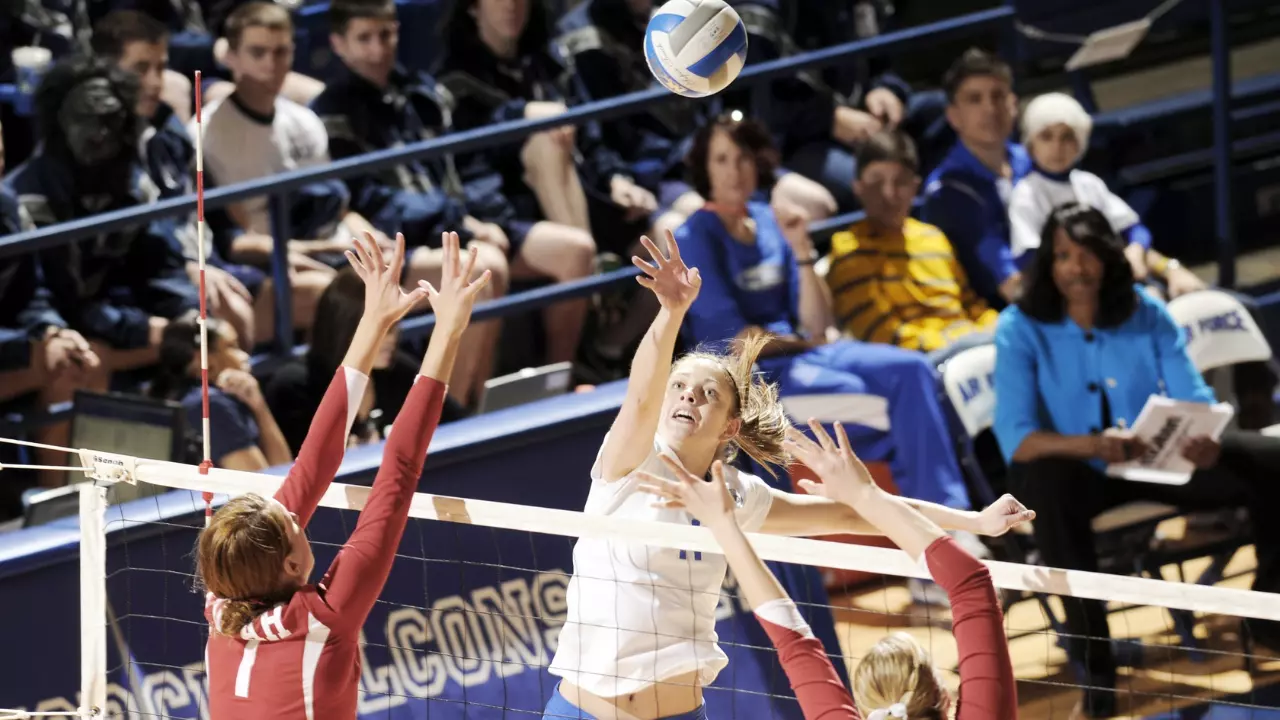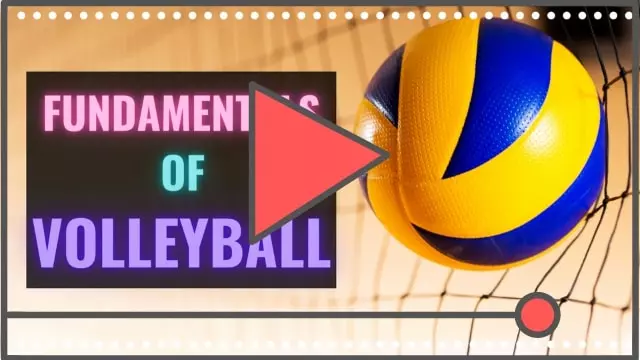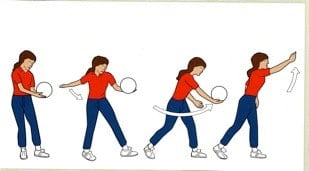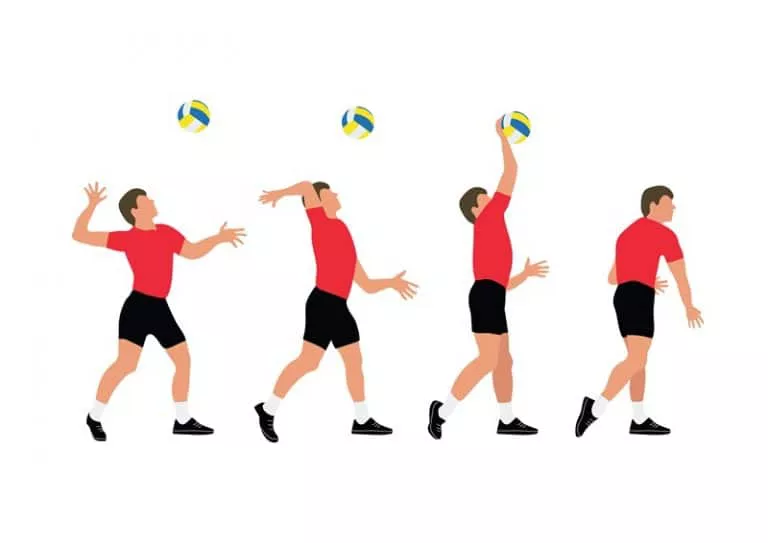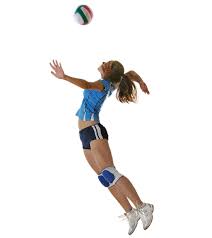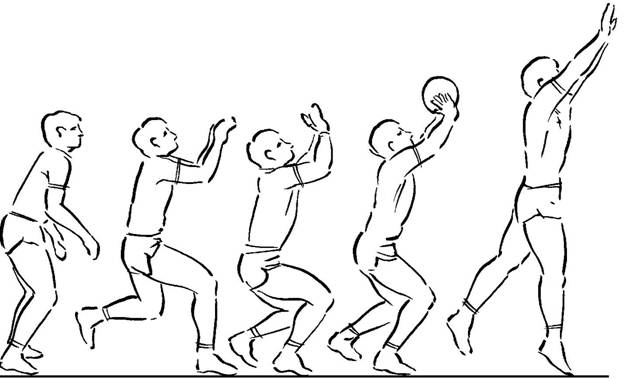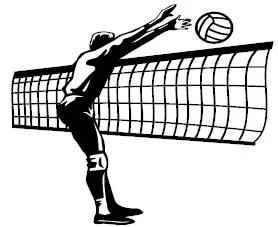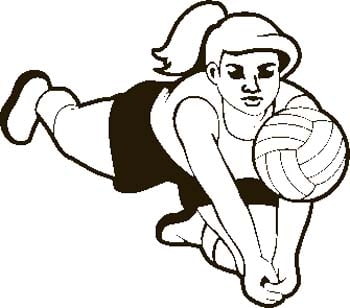INTRODUCTION TO VOLLEYBALL FUNDAMENTALS
Do you think playing Volleyball is complicated? Do you have difficulty performing the Volleyball fundamentals? Do you like volleyball, but you are insecure when playing? The “DEF” Tips has prepared for you a QUALITY summary with simple tips on all Volleyball fundamentals.
WHAT ARE THE FUNDAMENTALS OF VOLLEYBALL?
The Fundamentals are the techniques and skills used by players in the game of Volleyball. The main Fundamentals are the Service, Reception or Pass, Setting, Attack, Block and Defense.
FUNDAMENTALS OF VOLLEYBALL FOR BEGINNERS
THE SERVICE IN VOLLEYBALL
The service is one of the main fundamentals, is the act of putting the ball into play. In the language of Volleyball, the service is the foundation that starts a Rally. A well-executed service is one that makes it difficult for the opposing team to receive (pass), will make the players of the receiving team have to move away from their positions and have more difficulty to perform an attack.
“Volleyball Rally is all the actions that happen in the game from the moment a service is made until the moment a team scores a point. With each new service, a new Rally starts. ”
By the FIVB Volleyball Rules, the serving player must be behind the end line of his court, a region called service zone.
Related Service Rules
“The Volleyball service zone is a 9-meter wide area behind the end line on either side of the court.”
TYPES OF SERVICE
There are three types or styles of Volleyball service: Under Service, Float Service, and Jump Service.
THE UNDER SERVICE
It is a slower type of service in which the ball travels higher over the net. It is the most suitable service for beginners in Volleyball.
PERFORMING THE UNDER SERVICE
If you are right-handed, hold the ball with your left hand at your waist, with your right hand closed, your thumb out, hit the bottom of the ball hard enough that it overtakes the net and falls into the adversary court. If you are left-handed, just do the same movement, switching the hands.
FLOAT SERVICE
The Float Service is faster and more efficient, used also for professional players.
PERFORMING THE FLOAT SERVICE
Hold the ball with one or both hands, toss it over the head and hit the ball with the palm of your hand.
JUMP SERVICE
The Jump Service is very fast and efficient, the most commonly used among professional players.
PERFORMING THE JUMP SERVICE
The player should be a few steps away from the end line, toss the ball high and forward, run, jump and hit the ball with the palm of the hand, as high and strong as possible.
RECEPTION IN VOLLEYBALL
The Reception is one of the Volleyball Basics Fundamentals, it is the act of receiving the opposing service and passing the ball to the team setter. The reception is the first of three contacts allowed for each team.
The most used technique in the reception is the dig (see image above). It is important during the dig execution, that the ball has contact with both forearms.
SETTING IN VOLLEYBALL
The setting is usually the second contact of the three rings allowed for each team. The most commonly used technique for performing is the set. However, the setting can also be done with a dig.
The goal of the setting is to raise the ball near the net for a teammate to perform an attack.
Related Setting Rules
“If the Libero is in the front zone and makes a setting using both hands (sett), his teammates cannot attack the ball above the upper edge of the net.”
ATTACK IN VOLLEYBALL
The attack is most often the third contact with the ball, allowed to each team. The most used technique in the attack is a sequence of running approach, jump and hit the ball with one hand. Usually, the attack is done by bouncing and hitting the ball with the palm as hard as possible and downwards.
TIP
The tip is a type of non-force attack when a player jumps to perform an attack and instead of making a strong hit, he controls the ball with his fingertips to deflect the opposing block.
BLOCK IN VOLLEYBALL
The Block (see image) is a defensive action that aims to block the attack and send the ball back to the opposing court.
The block can be single (one player), double (two players) or triple (three players).
Related Block Rules
“Is not allowed to block the adversary service”
“The libero cannot block or attempt to block”
DEFENSE IN VOLLEYBALL
The defense is a fundamental that can be performed with any part of the body, including the feet. The goal of the defense is to prevent the success of the attack of the opposing team.
The defense is such an important fundamental in Volleyball that there is an expert defensive player, the libero.
